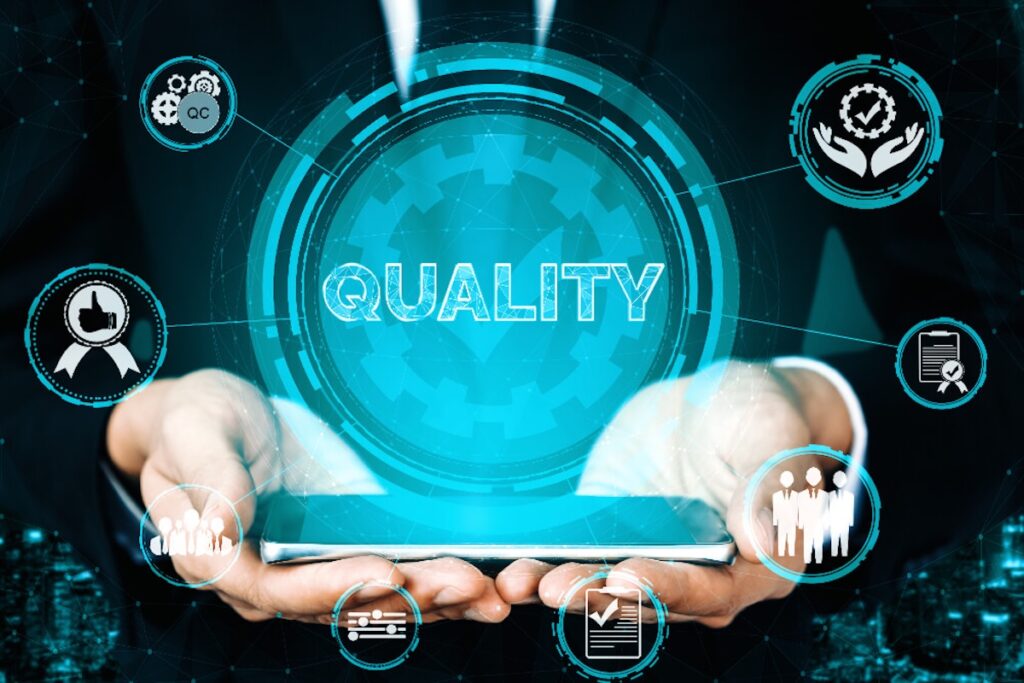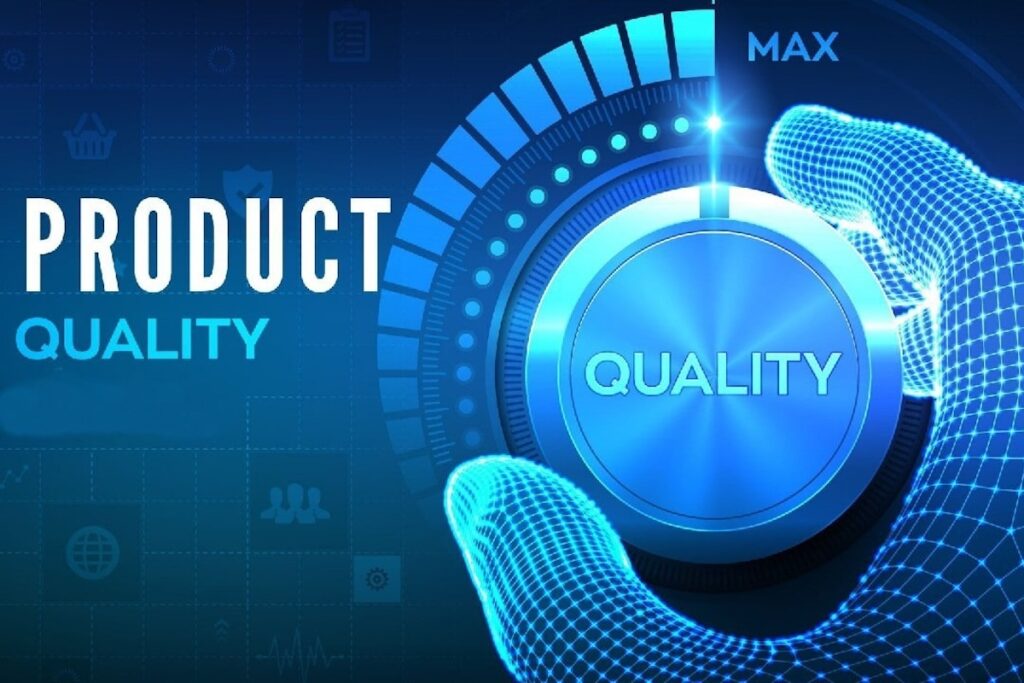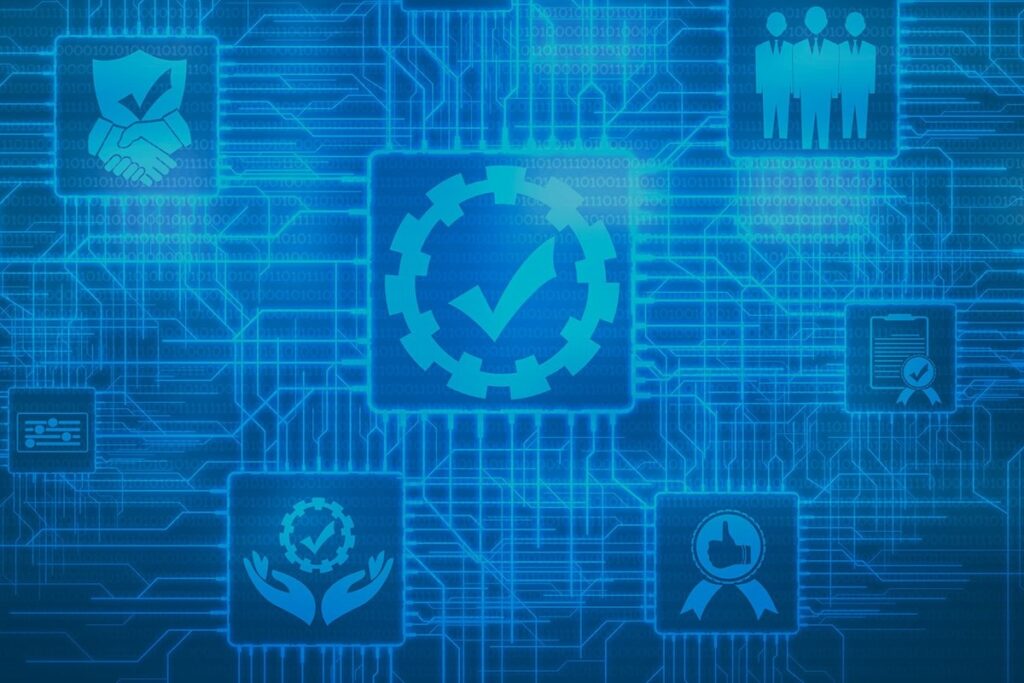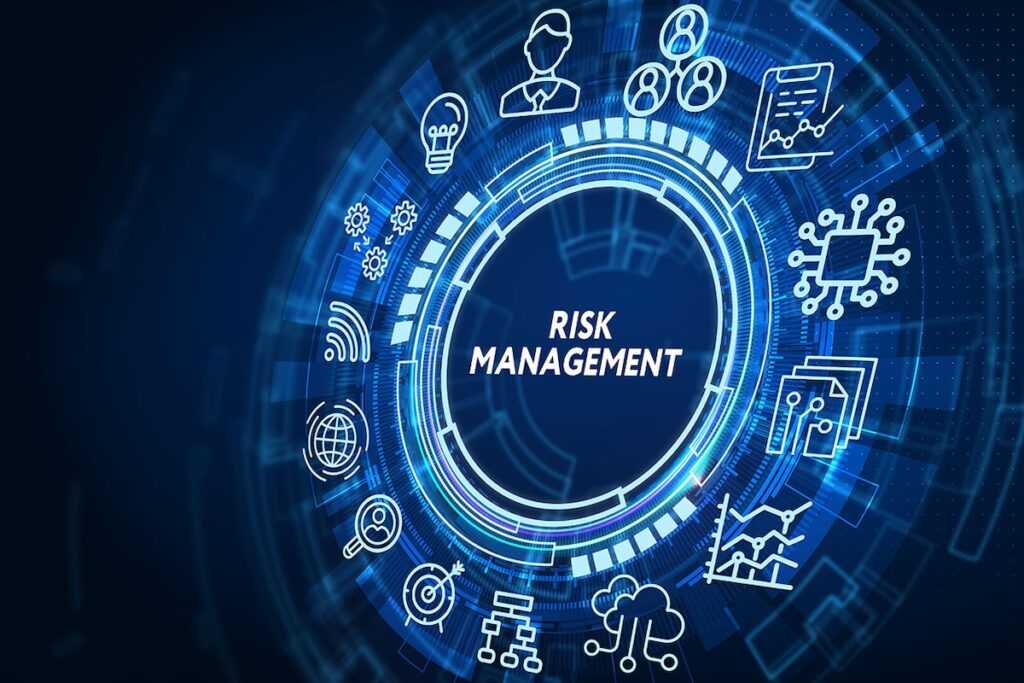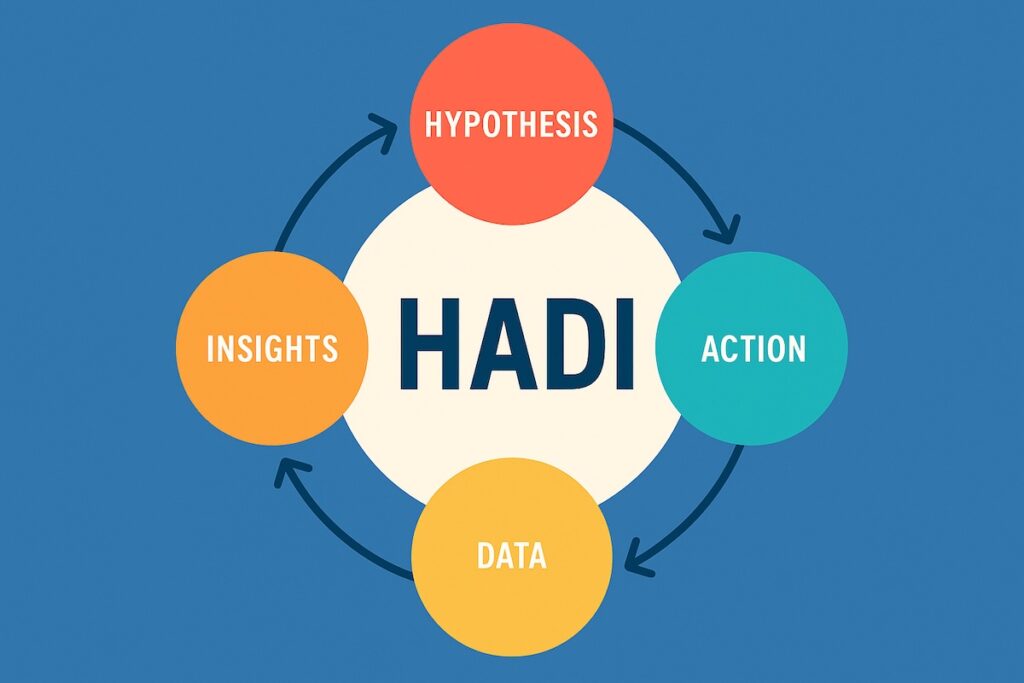Integrating Continuous Improvement Practices into Project Quality Management
One thing I’ve learned from decades in Silicon Valley IT projects is that quality isn’t a milestone—it’s a habit. You don’t “achieve” quality once and check it off the list. It’s the result of ongoing, intentional work to refine processes, adapt to change, and learn from experience. That’s why continuous improvement is not just a nice-to-have—it’s a core […]
Integrating Continuous Improvement Practices into Project Quality Management Read More »

